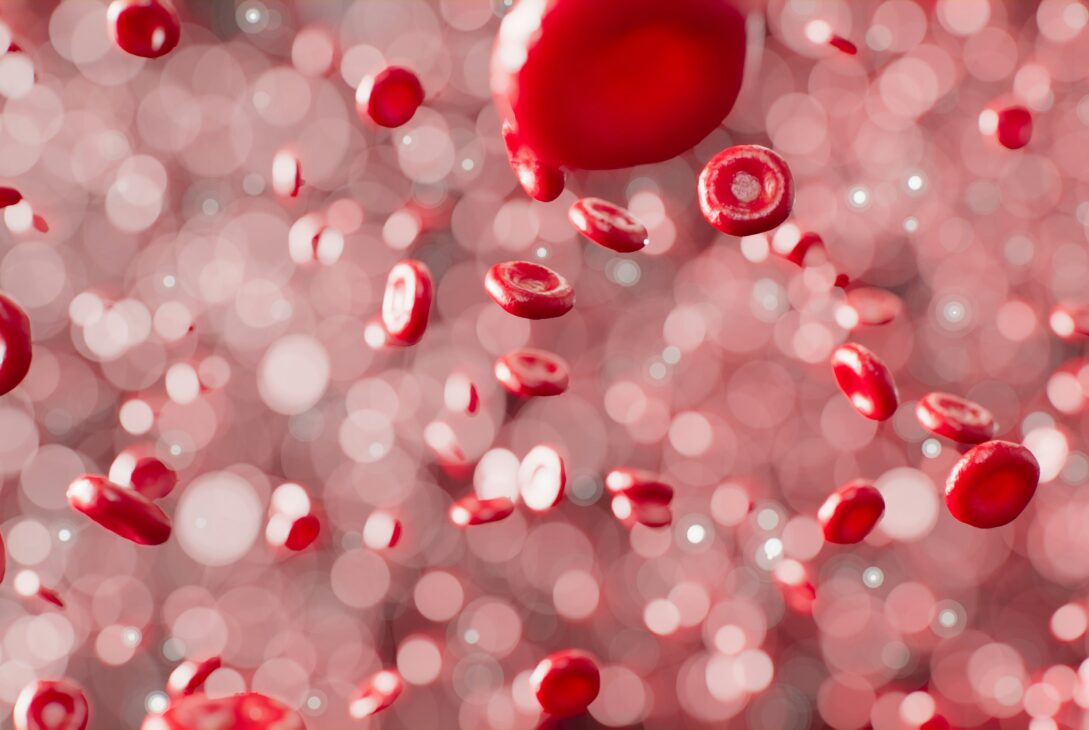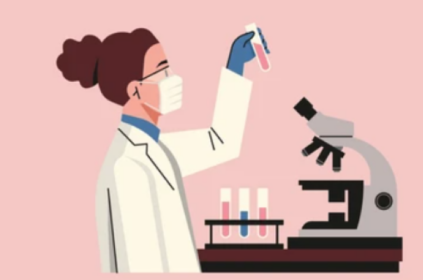In the United States, Orphan Drug designation is granted by the U.S. Food and Drug Administration (FDA) to drugs or biologics intended to treat, diagnose, or prevent rare conditions—those affecting fewer than 200,000 people nationwide. The Orphan Drug designation was developed through the passage of the Orphan Drug Act, which provided financial incentives to spur more interest in orphan drug development. Today, this designation comes with benefits such as fee waivers, tax credits, and seven years of market exclusivity upon drug approval.
Jenna Philpott reported in Pharmaceutical Technology that, in February 2024, the FDA granted Orphan Drug designation to DISC-3405 for polycythemia vera. DISC-3405 is an investigational anti-TMPRSS6 humanized monoclonal antibody that silences a protein called TMPRSS6. This protein regulates hepcidin production, which controls iron absorption and limits how much red blood cells can be produced. Since polycythemia vera is characterized by overproduction of red blood cells, DISC-3405 could provide a solid intervention. In fact, preclinical studies have shown improved hepcidin levels.
Moving forward, DISC-3405 is being evaluated in an ongoing Phase 1 study including 65 individuals.
What is Polycythemia Vera?
Polycythemia vera is a rare and indolent (slow-growing) blood cancer characterized by red blood cell, white blood cell, and platelet overproduction. This is known as myeloproliferation. As the blood cells are overproduced, blood increases in volumes and becomes too thick. More than 90% of polycythemia vera cases, reports the National Organization for Rare Disorders, result from acquired JAK2 mutations. Symptoms of polycythemia vera often develop slowly over time and many individuals learn about polycythemia vera on a blood test before symptoms occur. When symptoms do appear, these may include:
- Itchiness, especially after warm water exposure
- Headaches
- Fatigue and general weakness
- Excessive sweating that may worsen at night
- Painful joints, especially in the big toe
- Dizziness
- Enlarged spleen
- Abdominal pain
- Double vision
- Shortness of breath that worsens when lying down
- Tinnitus
- Skin reddening that may be more prominent on the face
- Easy bruising and bleeding
- Blood clots
- Heart attack
- Stroke
Treatments for polycythemia vera include low-dose aspirin, antihistamines, medications to lower blood cell counts, phlebotomy, and Ruxolitinib.
Editor’s Note: Get Involved
Cancer doesn’t discriminate. Patient Worthy and its partners are interested in amplifying the voices of those from all identities and backgrounds. If you have a cancer journey to share, reach out here to learn more about how your voice can help spread awareness and inspire individuals from all walks of life.
blood cancer DISC-3405 oncology Orphan Drug orphan drug designation polycythemia vera
Last modified: March 12, 2024











